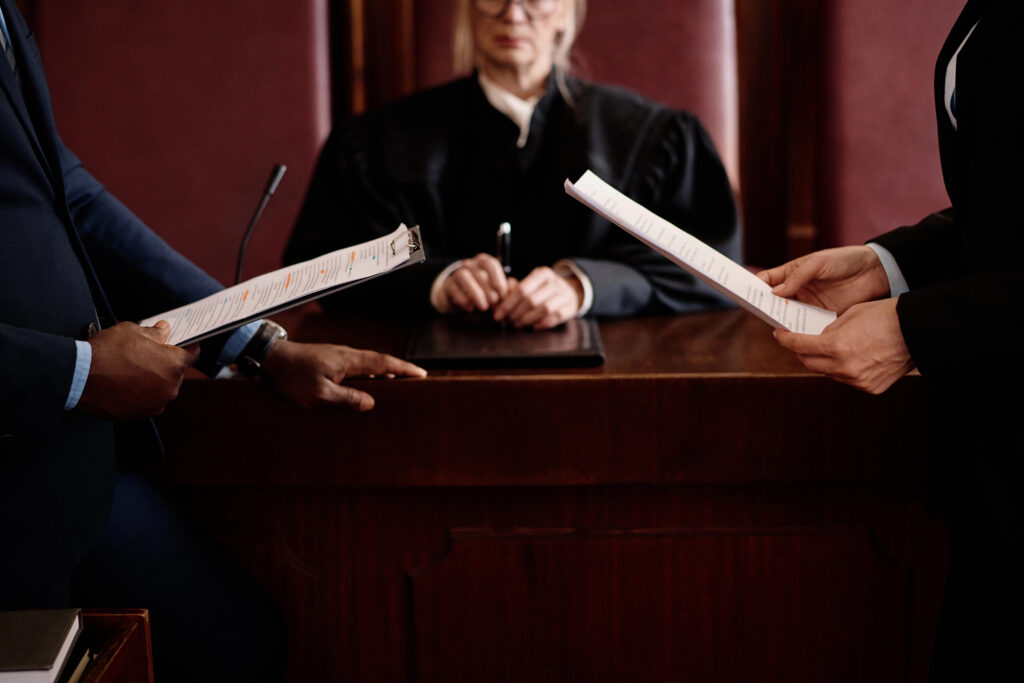If a person becomes incapacitated and cannot make medical or treatment decisions, a court proceeding may be necessary to appoint a family member or other person to help (i.e. a “Guardian”). The proceeding will be conducted in probate court.
If the incapacitated person has a written Patient Advocate Designation, a court-appointed Guardian may be avoided. At a minimum, the person nominated will, if probate is necessary, be appointed by the judge, avoiding a protracted hearing and disputes over who should serve.
Many people just need help organizing medical care or ensuring reasonable living conditions. Others need direct supervision, in which case the guardian arranges and oversees care in a nursing home, assisted living facility, or home setting. A guardian makes decisions regarding the person’s medical treatment, personal affairs, and living arrangements.
Consideration must also be given to the guardian’s authority, the rights retained by the individual, and the oversight of their care. Guardians must submit an annual report to the court, and every few years an attorney will be assigned to review the guardian’s conduct.
In reality, supervision is minimal. Thus, having the right person appointed may mean the difference between quality care and neglect.
"*" indicates required fields

If a person becomes incapacitated without written Powers of Attorney, a court proceeding will be required to appoint someone to make financial and health care decisions. The probate judge will name

Only assets held in the decedent’s individual name are subject to probate. Property owned jointly with others typically passes directly to the surviving owners without going through probate.

If a person is incapacitated and cannot handle financial affairs, the probate court will appoint a conservator. The conservator must manage all assets and account annually to the incapacitated person

The probate court has jurisdiction over disputes concerning Estates, Trusts, Guardianships, and Conservatorships. Trusts generally avoid probate, but any dispute over a Trust’s administration is adjudicated
Our Advice Is Backed By 25 Years Of Experience.